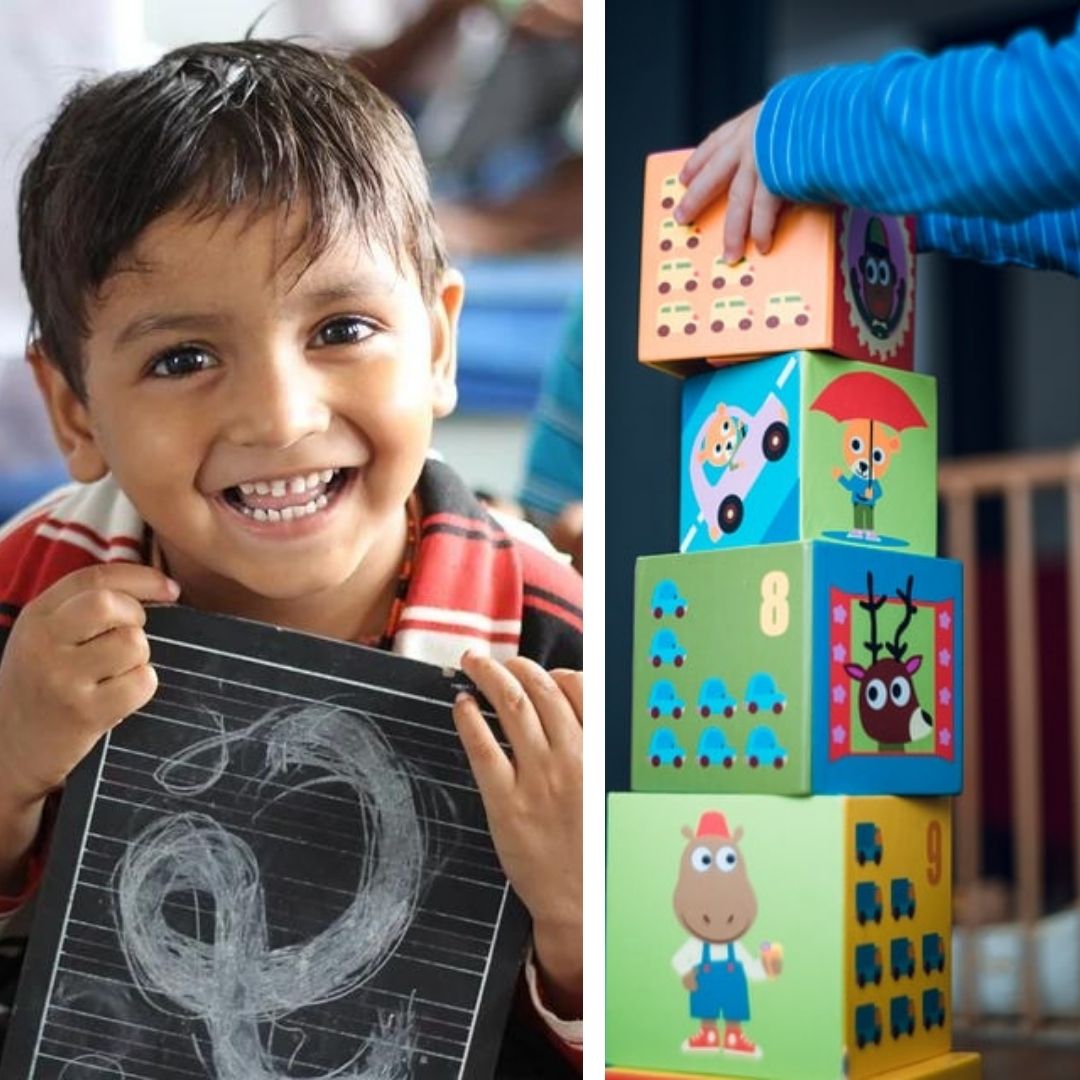These Two Activities Could Help Prevent Mental Health Disorders Among Children, Finds Study
Others/World, 11 Feb 2022 9:47 AM GMT
Editor : Snehadri Sarkar |
While he is a massive sports fanatic, his interest also lies in mainstream news and nitpicking trending and less talked about everyday issues.
Creatives : Tashafi Nazir
For most people, journalism sounds hectic and chaotic. For her, it's a passion she has been chasing for years. With an extensive media background, Tashafi believes in putting efforts on presenting a simple incident in the most interesting way.
The study involved 143 doctors who were interviewed to express their views on how the education system could support students' mental wellbeing in better ways and improve access to support services.
Clinicians are calling for more extra-curricular activities in schools and coping and social skills training to help prevent rising mental health issues in children, a new study has revealed.
According to the research, led by the Murdoch Children's Research Institute (MCRI) and published in PLOS ONE, clinicians also suggested more effective ways to upskill educators in mental health prevention, identification and early intervention, including mental health literacy education for teachers and peer support for school psychologists.
Murdoch Children's Research Institute (MCRI) is Australia's largest child health research institute and the top three child health research institutes worldwide for research quality and impact. The institute consists of more than 1200 talented researchers dedicated to making discoveries to prevent and treat childhood conditions.
What Does The Research Say?
The study involved 143 Victorian and South Australian doctors who were interviewed to express their views on how the education system could support students' mental wellbeing in better ways and improve access to support services.
The clinicians, involving psychiatrists, psychologists, paediatricians and GPs, believed the education system could play an essential role in improving access to mental health services by utilising existing staff or co-locating mental health clinicians.
They also suggested that the schools could identify at-risk kids, use prevention and early intervention strategies, and implement coping and social skills programs.
MCRI researcher Kate Paton stated that some clinicians believed schools were well placed to detect students with mental health issues as systems existed within the education system for monitoring, like access to academic records and attendance.
"School buildings act as a trusted physical place where mental health clinicians could offer services that are otherwise challenging to access," Paton said.
"Clinicians said teachers can offer prevention by supporting students through school-wide psychoeducation, social skills, sports and coping programs," she added.
The researcher further said given clinicians' voices were frequently missing from the debate, she hoped the findings would help address the requirement for mental health support in schools.
"Whilst educators have identified various challenges to providing this support, including lack of resources, perceived stigma and an overcrowded curriculum, understanding clinicians' views on the role of schools and educators and how they could work together to get good mental health outcomes are vital questions," she explained.
"It's essential to understand whether multiple perspectives may exist between mental health clinicians and educators which need to be bridged if these professionals tend to work successfully together to achieve both mental health outcomes as well as good education," the researcher said.
The research builds on MCRI's efforts to establish mental health support in educational institutions. A pilot mental health programme developed by the MCRI in collaboration with the University of Melbourne and the Victorian Department of Education and Training was extended to 100 schools this year, after being trialled in Victorian primary schools.
The program was piloted in 10 primary schools in the year 2020 with feasibility results encouraging, strong support from schools and signs that it could improve care pathways for students with emerging mental health problems.
The initiative embeds a child mental health and wellbeing coordinator within schools to help identify and manage emerging mental health problems in students and provide connections between education, health and social services.
Early Intervention
MCRI Professor Harriet Hiscock stated the prevalence of mental health conditions such as depression and anxiety, which were the primary source of disease burden, had remained static for the last two decades.
"With nearly 50 per cent of mental health disorders starting before the age of 14 years, prevention and early intervention are paramount if we want to lessen lifetime prevalence of mental health disorders and allow kids to live their best possible lives," she said. Therefore, improving mental health for children and adolescents has become an international priority," Hiscock said.
The professor said that mental health problems have such a hugely adverse effect on children's education progress that schools could not achieve academic potential unless they address student mental health.
Meanwhile, researchers from the University of Melbourne, Institute for Social Neuroscience, The Royal Children's Hospital, University of Adelaide and the Women's and Children's Health Network in Adelaide also contributed to the study.
 All section
All section















